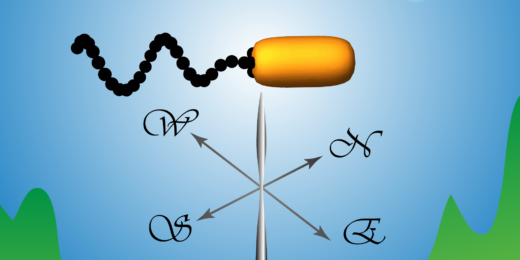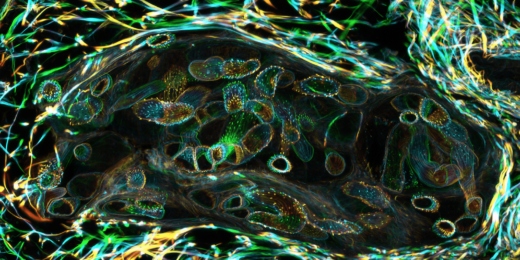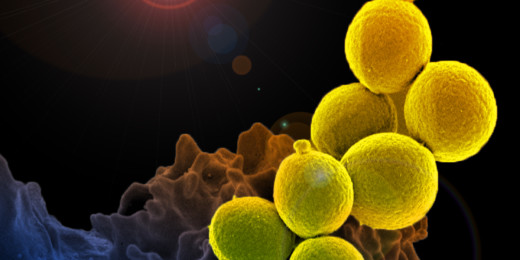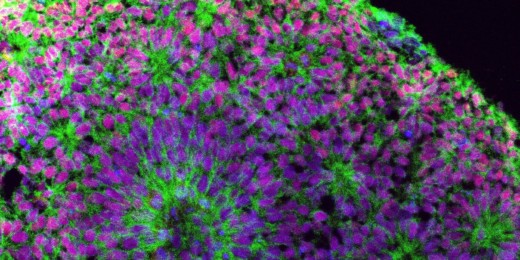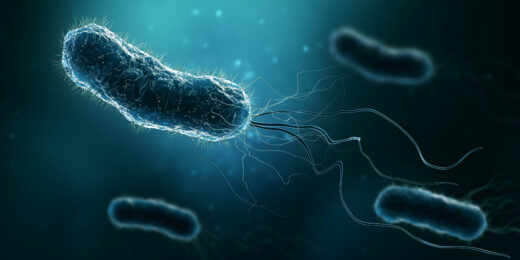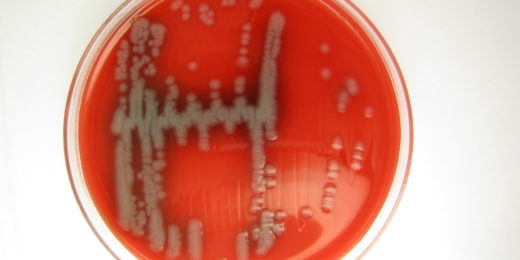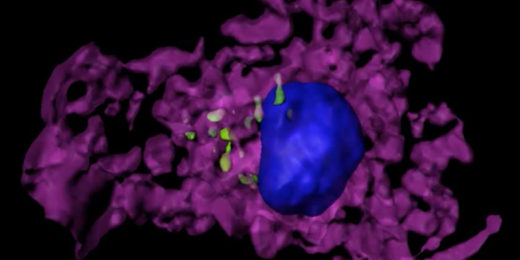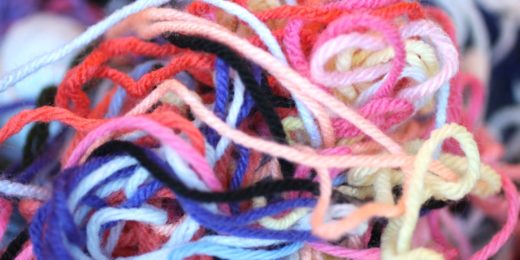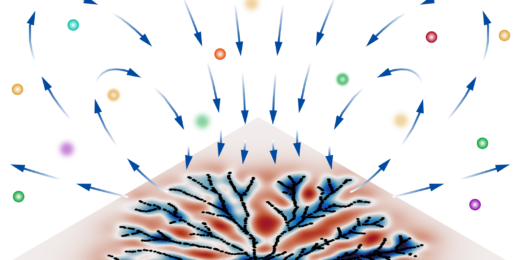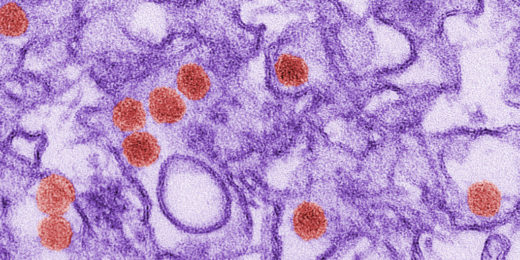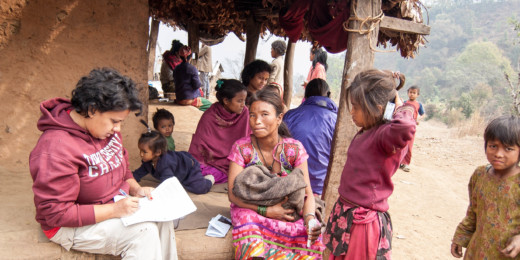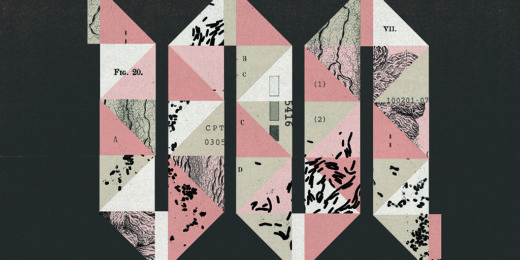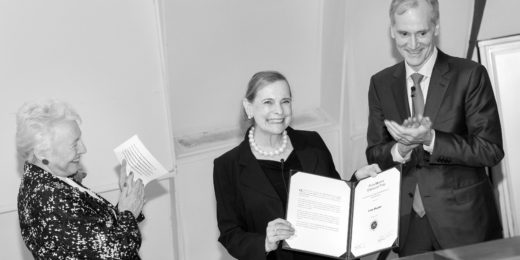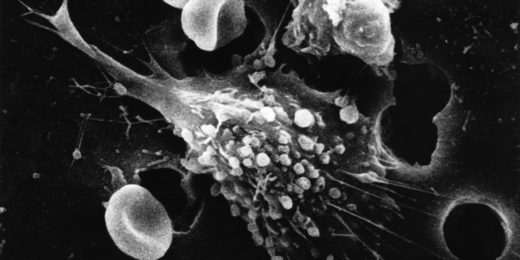Stanford postdoc Arnold Mathijssen wanted to know how bacteria swim upstream. Someday, his findings could shape how we design devices and deliver drugs.
Category: Cellular & Molecular Biology
Researchers harness basic and bizarre science to inform human biology and disease
Hundreds of Stanford scientists are studying what makes biology tick, from obscure molecular structures in the malaria parasite to flower-shaped sea squirts.
Stanford’s efforts to combat antibiotic resistance move to global stage
In this Q&A, Stanford physician-scientists Stanley Deresinski and Marisa Holubar explain why responsible use of antibiotics is so important worldwide.
Common brain injury in premature babies may be tied to specific cells
Using a lab model, Stanford researchers identified a type of developing brain cell that is profoundly changed by exposure to low oxygen levels.
Reservoir bugs: How one bacterial menace makes its home in the human stomach
Helicobacter pylori, a potentially nasty bacteria, somehow lives in one of every two human stomachs -- no mean feat. Here's how the bug pulls it off.
How drug-resistant bugs grow in CF patients’ lungs
Some viruses help drug-resistant bacteria grow in the lungs of cystic fibrosis patients, new Stanford research shows.
Partners-in-crime: Bacteria sics its pet virus on our immune cells to make us sick
P. aeruginosa, a type of bacteria, is increasingly drug-resistant, and there's no vaccine against it. But it has a recently discovered Achilles heel.
Untangling the microbiome — with statistics
Understanding the roles of various microbes in the human microbiome is challenging, but statistics can help, Stanford researcher Susan Holmes explains.
New antibiotics are desperately needed: Machine learning could help
Scientists have created an algorithm that works to generate and refine DNA sequences that are likely to code for antimicrobial proteins.
Biofilms feed with swirling flows
By learning more about the flows generated by a biofilm, researchers may discover new ways to cut off its supply of nutrients.
Chemists shed light on Zika’s path to infection
New research examines how Zika viruses enter cells and shows that their behavior is different than that of some related viruses.
Changes in Himalayan gut microbiomes linked to diet
Changes in gut bacteria composition are correlated with the transition from hunting and gathering to farming, a new Stanford study shows.
Your gut-microbial ecosystem is a pharmaceutical cornucopia
Your trillions-strong ecosystem of gut microbes, in addition to its many other responsibilities, operates as a homespun pharmaceutical factory.
Celebrating Lucy Shapiro, from artist to award-winning developmental biologist
A profile by The Scientist of Lucy Shapiro, PhD, highlights her career and the passions that guided her groundbreaking scientific research.
The stop and go of the cell cycle: Research reveals an important checkpoint
Stanford scientists have discovered the signaling pathway responsible for making sure all DNA is replicated before cell division can occur.
How your cells can die: The good, the bad, and the leaky
Your cells can die in several ways, and that's not necessarily a bad thing. This piece explains four types of cell death.


